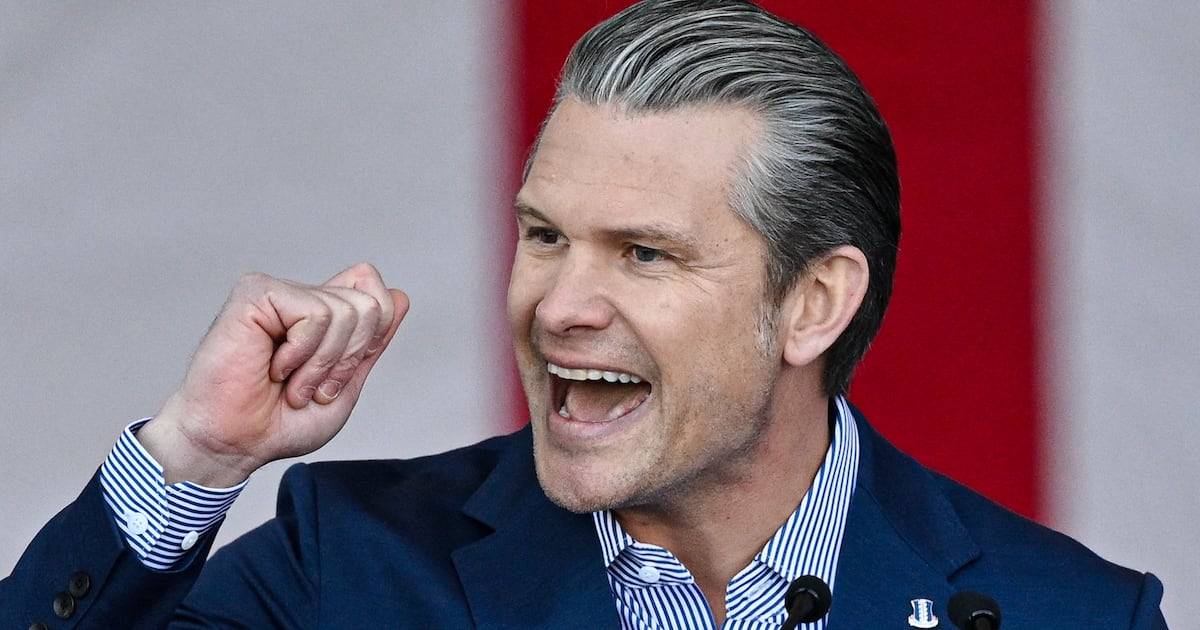In 2018, a 20-year-old girl from Japan beat her hero at the U.S. Open to win a Grand Slam. Naomi Osaka, who is also half-Haitian, is the first Japanese person to win the U.S. Open. She won against Serena Williams, a tennis legend.
But Osaka is being treated by many as hardly a footnote, after a disagreement between Serena and the umpire spiraled out of control. Serena’s coach signaled her from the stands—he admitted as much—and the umpire, Carlos Ramos, issued Serena a violation. Coaching is rarely penalized and some believe it’s a spurious rule that ought be to changed. Billie Jean King herself said on Twitter, “Coaching on every point should be allowed in tennis. It isn’t, and as a result, a player was penalized for the actions of her coach.”
This is what appeared to gall Serena. Even if her coach did signal to her, Serena wanted to be clear that she didn’t seek it out. “I don’t cheat to win,” she argued. “I’d rather lose than cheat.”
This umpire, Ramos, does have a tendency to call out coaching—so while it’s a rare penalty, it isn’t for him. He penalized Novak Djokovic for it recently, and Serena’s sister, Venus, for it in 2016. At that time, Venus reacted similarly to Serena, appearing horrified and hurt that she would be accused of cheating.
“There is a belief among some African-Americans that to defeat racism, they have to work harder, be smarter, be better,” Claudia Rankine wrote in a 2015 New York Times Magazine profile of Serena. Serena has always seemed to personify this burden. Around ten years ago, she fought her way back into the sport after being sidelined by injuries. Now, she’s not just at the top of her game, but arguably at the top of the game. Even male players, from Andy Murray to John McEnroe, say that she’s arguably the greatest living tennis player.
But it’s been a long road to the top for Serena, and a road littered with obstacles from injuries to systemic racism and sexism. She’s been criticized for her body, for her hair, for the way she dresses. She’s been likened to a man and to various unflattering animals. She’s been condemned far more harshly than men for the exact same behavior. In 2009, she threatened a line judge, using plenty of epithets. She was fined $10,000. Shortly before that incident, Roger Federer was fined just $1,500 for cursing at a umpire. When Andre Agassi wore black, it was “rock and roll tennis.” When Serena did it, it prompted snobby editorials about whether wearing black ruins the sport (the racism there is barely subtext).
Naomi Osaka did not deserve to be booed when she won her first Grand Slam. She played beautifully—so beautifully, Serena herself applauded one of Naomi's passing shots. And she was playing against her hero. Naomi did school reports on Serena. She models her own game after Serena's. And then she had to stand there and apologize for winning—for doing something historic, as the first Japanese player to ever win the U.S. Open—and listen while Katrina Adams, chairman of the Board and President of the U.S. Tennis Association, praised Serena at length and treated Naomi as an afterthought.
But consider the words Adams was careful to say about Serena: "This mama is a role model and respected by all."
So much is wrapped up in those ten words. How becoming a mother lost Serena her top seed because tennis, and sports in general, doesn't care to allow its greatest athletes the full expanse of the lives they want to live. How becoming a mother almost killed her, because doctors are just one profession that doesn't take women, and especially black women, seriously. The words she uttered when arguing desperately with the umpire on the court not to publicly accuse her of cheating: “I have a daughter... You know my character... I'd rather lose than cheat.”
You know my character. She repeated that over and over, desperately. You have watched me play all these years. You have been cruel to me. I have done everything you could have asked for and then so much more, to prove to you that I am worthy. She didn't swear, not once. Arguably, calling the ump a “thief,” as Dickensian as it sounds, is worse than swearing, in tennis. It gets at the integrity of the game. But in doing so, it does exactly what Serena was fighting against. Years of being told, you don't belong here, you don't fit, you don't know how to do this correctly, you're not right—she turned around and flung it back in this man's face. You're the one who doesn't belong. You’re the one who’s wrong.
“This happens every time I play here,” she said. She called on the refs, hoping for fairness, repeating that mantra: “You know my character.” As they tried to calm her, we heard her insist, “I know you can't admit it, but it's not right.”
Serena was arguably the main attraction of this year’s U.S. Open. As Osaka herself said in an interview, there were constant commercials attesting to Serena’s desire to win her 24th Grand Slam. And after all those years of trying to force her out, of hoping that if she was made to feel like she didn’t belong, she’d get the hint and leave—it seemed she’d finally been embraced by the tennis establishment, and they wanted her to win, too.
Perhaps Serena should not have been penalized for coaching, or the umpire should have explained the call, should have said it didn’t mean she cheated, only that her coach had made the signal. That it wasn’t meant to say anything about her character. Perhaps they should have warned her she was getting close to being docked a whole game, an almost unprecedented punishment. Certainly, the tennis establishment and tennis fans should not have spent two decades treating Serena in such a way as to provoke such a defensive response.
It is undeniable that Serena has done more for tennis than any athlete since Billie Jean King. She has played a formidable game over and over again, all the while refusing to be anyone but herself, refusing to smother her passion and her emotions and all the things that go into making her the champion she is.
But it also must be said that the win was not her right, and Osaka played magnificently. Serena is not the only one who deserved better. Osaka did, too.






